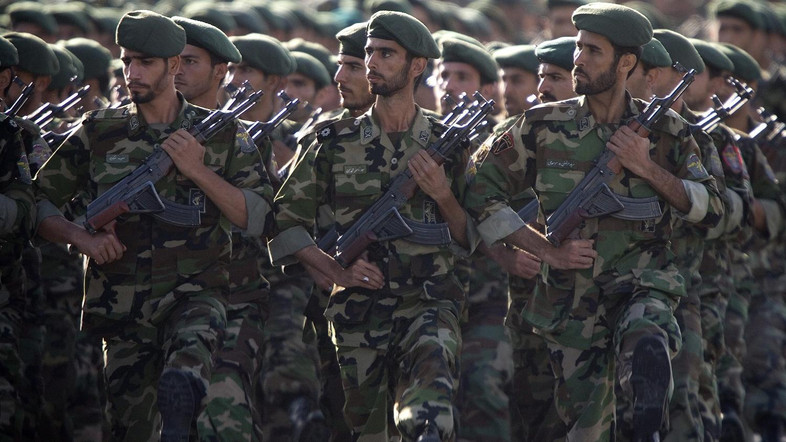It has proved quite difficult to make sense of the policies and standards the West implements in the Middle East, particularly in the matters concerning counterterrorism efforts— the West represents a group of influential countries and institutions like the United Nations.
Most of the confusion stirred up by Western foreign policy in the Middle East is that Iran’s Supreme Leader Ali Khamenei, after meeting with the families of soldiers who died in Syria, had bluntly downplayed all criticisms facing Tehran’s strategy in the war-torn country.
Surprisingly, Khamenei, as reported by the “semi-official” news agency of the Government of Iran Fars News Agency, said that what distinguishes Iranian soldiers fighting in Syria is their religious insight and desire to defend holy shrines present there.
On the account of questioning Iran’s business in Syria, Khamenei says that only a person with a drastic lack of understanding would question Tehran’s presence, adding that his country cannot possibly wait for the enemy to strike home. In his logic, Khamenei says that adversaries must be stopped from within their borders.
Speaking to a flock of youths heading to Syria and Iraq, the Supreme Leader underlined that soldiers fighting for Iran’s agenda and policies are true visionaries that people sitting in the comfort of their homes cannot hope to understand. Khamenei boasted about Iran retaining proxy forces abroad and bordering an arch enemy “Israel”—Iran is in direct contact with Lebanese paramilitary regiments like Hezbollah and Amal.
A case of double standards arises as Western countries demand security cooperation from Arab Sunni countries with curbing the influx of foreign fighters into areas of conflicts such as Iraq and Syria, while Khamenei is left to rant and embolden Iranian soldiers with fighting abroad by calling them intuitive and holding great insight.
Arab countries like Saudi Arabia, Gulf States, Tunisia and Egypt have gone to the extent of outlawing travel to areas of conflict, and have went out of their way to pursue those who do. Paradoxically, Khamenei says that Iranians at home must seek out the understanding needed for fighting in Syria and Iraq. It would seem that all screws have gone loose!
Hands down that all measures implemented by Arab countries are to promote security and stability. But matters concerning international law, alliances and counterterrorism efforts are doubted to have evolved to a twisted, naïve and selective play.
Is it that Western policy is based on battlefield levers– if so, should Arab countries then seek establishing proxy militias in Iraq, Syria, Yemen and Lebanon to counter Iran’s growing influence? Must Arab countries follow Iranian footsteps, keeping a wide diplomatic smile while spreading criminal militias? Have things boiled down to turning the entire region to a jungle?
As Middle Eastern days unfold, it seems that the notion of stability is being rewritten with bloodshed—more so, a great impression is given on both the international community and Russia having adopted the newfangled definition.
Bewilderingly, it is the Iran Supreme Leader himself endorsing the influx of Iranian fighters into foreign war zones, not some media reports or intelligence simply commenting on the subject, but the very nation’s leader promoting for fighting abroad. Western countries appear to have only turned their attention to Arab countries with their demands for counterterrorism and inhibiting the influx of Arab combatants. Absurdity outshines anything in today’s status quo.
